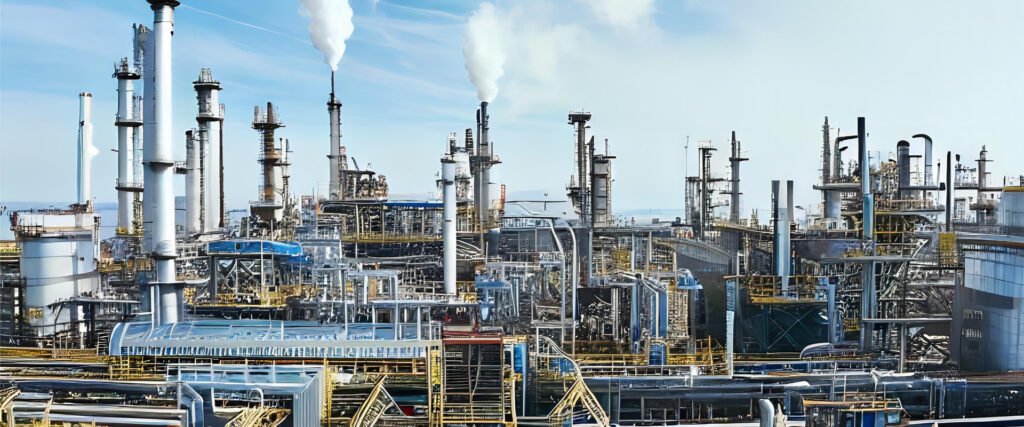Your cart is currently empty!
TEL:08615998857658

ethylene propylene copolymer
Ethylene propylene copolymer (EPM or EPDM) is a type of synthetic rubber commonly used in various applications due to its excellent resistance to heat, weather, and chemicals.
Description
| Ethylene propylene copolymer (EPM or EPDM) is a type of synthetic rubber commonly used in various applications due to its excellent resistance to heat, weather, and chemicals. In the context of lubricants, it can serve as an additive to enhance the properties of the lubricant.
EPM/EPDM can be used as a viscosity index improver or thickening agent in lubricants. It helps in maintaining the viscosity of the lubricant over a wide range of temperatures, improving its performance in different operating conditions. Additionally, it can provide better shear stability, reducing the tendency of the lubricant to thin out under mechanical stress. Furthermore, EPM/EPDM can act as a corrosion inhibitor, protecting metal surfaces from degradation and extending the lifespan of the lubricated parts. Its compatibility with various base oils and additives makes it a versatile choice in formulating lubricants for different industries like automotive, industrial machinery, and more. However, the specific formulation and performance of a lubricant depend on various factors, including the type and concentration of additives used, base oil, and intended application. Manufacturers often customize lubricant formulations to meet specific performance requirements. |
Ethylene Propylene Copolymer (EPC) as an Additive:
- EPC can be used as an additive in lubricants, primarily as a viscosity index improver (VII):
- Function: VIIs thicken the oil at high temperatures and thin it at low temperatures, maintaining a consistent viscosity across a wider range. This improves engine efficiency and protects components from wear and tear.
- Benefits: EPC-based VIIs offer good shear stability, meaning they don’t break down under high shear forces in the engine. They can also be compatible with various base oils.
- Limitations: Compared to some synthetic VIIs, EPC might not offer as high viscosity improvement at low temperatures.
Other Potential Applications:
- EPC may also be used in lubricants in niche applications, such as:
- Greases: Some greases might utilize EPC for thickening or other specific properties.
- Metalworking fluids: Certain EPC grades can offer anti-foaming and lubricity properties in these fluids.







Reviews
There are no reviews yet.